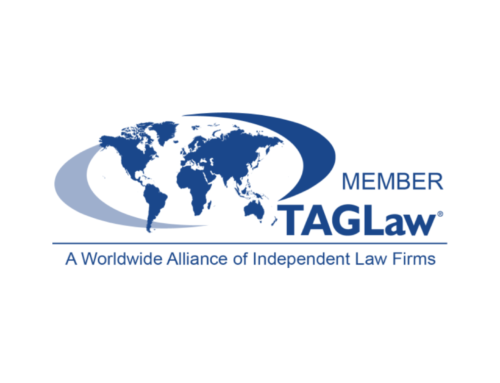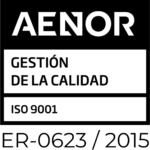The effects and validity of the powers of attorney granted abroad for the conduct of legal businesses in Spain still representing a continuous conflict between the public notaries and the registrars.
In order to guarantee the validity of the representation alleged by a power of attorney, it must be apostilled in accordance with the Hague Convention of 5th October 1961 and, where appropriate, be translated. Additionally it must accomplish with the requirements entailed by the Spanish norm.
Consequently, the foreign notary should express the following in his own power:
En consecuencia, el notario extranjero debería expresar en el propio poder:
- That it is been duly identified the natural person who appears in his presence, stating also that he has sufficient capacity to grant the mentioned power of attorney;
- That as a notary he performs equivalent functions to those performed by the Spanish public notary and that, consequently, he has taken part in the elaboration of the power, and;
- That the power of attorney meets the solemnities required by the national legislation where such power was granted.
The power of attorney granted under the mentioned conditions will turn out formally valid in accordance with the Spanish Law and should be generally accepted as stated by the doctrine of the General Directorate of the Registry and Notary (DGRN)
If the foreign notary does not accept the aforementioned conditions, should resort to other alternatives such as granting a power before the Spanish consulate in that country, in which case the incorporation of the apostille or its translation would not be necessary.
















